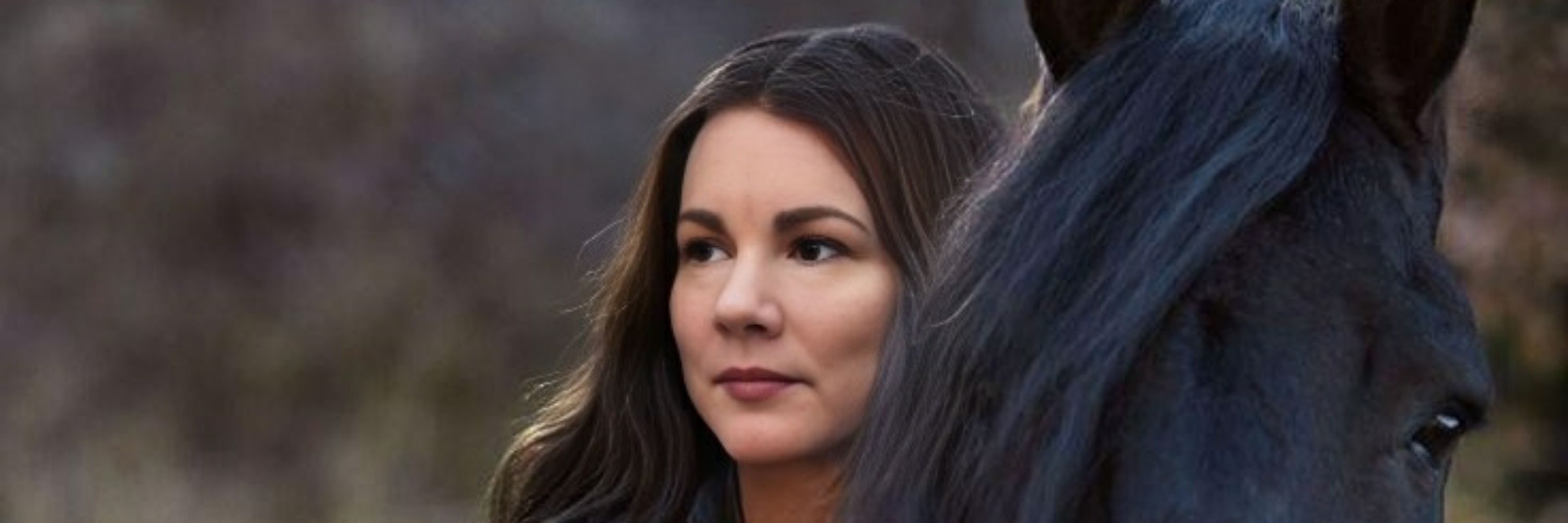
Filmmaker | Memoirist
AI = Autistic Intelligence
#Autistic #Neurodivergent #ADHD

Selected as an Editor’s Choice in Litro USA.
For those late-diagnosed autistic or AuDHD, you may recognize pieces of yourself here.
www.litromagazine.com/usa/2025/09/...
Your body gets used to one environment — deeply
You spend almost all your time at home, in a space where:
everything is predictable
every sound has a meaning
the sensory level is stable
your routines are automatic
Your body gets used to one environment — deeply
You spend almost all your time at home, in a space where:
everything is predictable
every sound has a meaning
the sensory level is stable
your routines are automatic
People have this idea that autistic anxiety is “logical” or “linear.”
But when an autistic adult is ungrounded or overwhelmed, the mind can:
attach panic to extreme scenarios
create concrete sensory fears
People have this idea that autistic anxiety is “logical” or “linear.”
But when an autistic adult is ungrounded or overwhelmed, the mind can:
attach panic to extreme scenarios
create concrete sensory fears
It’s heart over habit.
Nervous system over performance.
Truth over fear.
And slowly, us over expectation.
It’s heart over habit.
Nervous system over performance.
Truth over fear.
And slowly, us over expectation.
we’ve spent years learning to appear “fine” —
while quietly managing overwhelm, shutdown, and self-doubt.
Naming it now isn’t:
🔸Giving in
🔸Regression
🔸Defeat
🔸A burden
It’s finally giving ourselves:
🔸Permission
🔸Clarity
🔸Understanding
🔸A beginning
we’ve spent years learning to appear “fine” —
while quietly managing overwhelm, shutdown, and self-doubt.
Naming it now isn’t:
🔸Giving in
🔸Regression
🔸Defeat
🔸A burden
It’s finally giving ourselves:
🔸Permission
🔸Clarity
🔸Understanding
🔸A beginning
It speaks in felt sense.
In heart rate, muscle tension, breath, and gut instinct.
It responds to safety, not logic.
It speaks in felt sense.
In heart rate, muscle tension, breath, and gut instinct.
It responds to safety, not logic.
It doesn’t always look like distress.
Sometimes it looks like silence, stillness, or being far away inside.
It doesn’t always look like distress.
Sometimes it looks like silence, stillness, or being far away inside.
Not as an idea.
As a tightening in the chest.
A jaw that won’t unclench.
We don’t always have the words,
but our bodies know.
Not as an idea.
As a tightening in the chest.
A jaw that won’t unclench.
We don’t always have the words,
but our bodies know.
We can’t.
They observe.
We absorb — everything.
Every word, every shift, every unspoken edge.
We can’t.
They observe.
We absorb — everything.
Every word, every shift, every unspoken edge.
We were adapting to a world that never adjusted to us.
And we learned early: stay quiet. Stay small.
Don’t let the truth be too loud.
We were adapting to a world that never adjusted to us.
And we learned early: stay quiet. Stay small.
Don’t let the truth be too loud.
Autism reminds us of our limits.
Most days we live in the collision.
A restlessness that wants to run, a sensitivity that makes every step feel too loud.
This is AuDHD.
Momentum and overwhelm, trying to share the same body.
Autism reminds us of our limits.
Most days we live in the collision.
A restlessness that wants to run, a sensitivity that makes every step feel too loud.
This is AuDHD.
Momentum and overwhelm, trying to share the same body.
It gave us the explanation we’d been missing — and the truth we always needed.
It gave us the explanation we’d been missing — and the truth we always needed.
One moment you think, “I feel fine — maybe I imagined this.”
The next, “How did I survive like that for so long?”
One moment you think, “I feel fine — maybe I imagined this.”
The next, “How did I survive like that for so long?”
It's a neurobiological difference in how the nervous system perceives, processes, and regulates the world — both outside and inside.
It’s not something to fix.
It’s something to understand, support, and work with.
It's a neurobiological difference in how the nervous system perceives, processes, and regulates the world — both outside and inside.
It’s not something to fix.
It’s something to understand, support, and work with.
Autism isn’t just about the brain. It’s also about the nervous system, digestive system, and how all of it feels — how it informs your sense of self, your access to energy, your overwhelm, your shutdown.
Autism isn’t just about the brain. It’s also about the nervous system, digestive system, and how all of it feels — how it informs your sense of self, your access to energy, your overwhelm, your shutdown.
This leads to treatments that manage symptoms, but miss the system.
This leads to treatments that manage symptoms, but miss the system.
It’s a neurological state where the system goes into protective collapse — reduced speech, movement, and expression.
It’s the body saying, “I can’t process anything more.”
It’s a circuit breaker, not a choice.
It’s a neurological state where the system goes into protective collapse — reduced speech, movement, and expression.
It’s the body saying, “I can’t process anything more.”
It’s a circuit breaker, not a choice.
We were high-masking.
And no one saw the difference until we collapsed.
We were high-masking.
And no one saw the difference until we collapsed.

